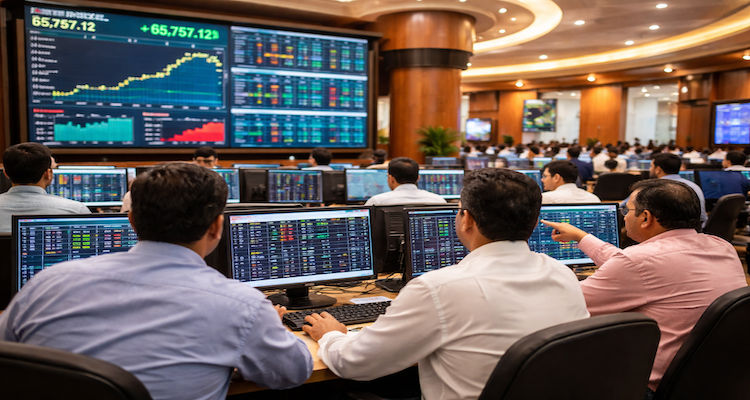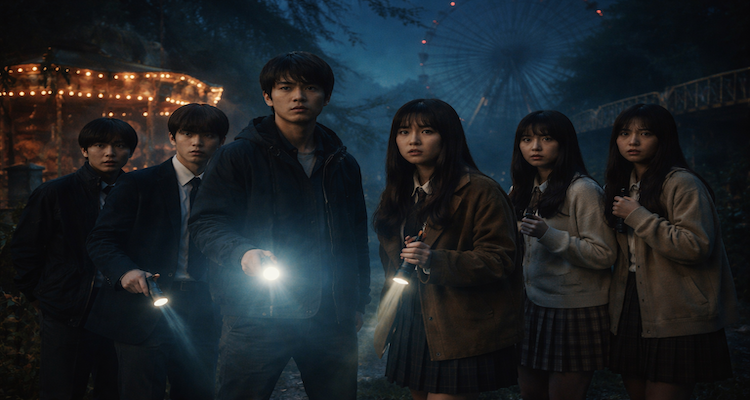Founder’s Fog: The Unspoken Psychological Cost of Building a Brand

Behind the glamour of startups lies a hidden struggle—emotional exhaustion, identity crises, and burnout. Here’s what founders rarely talk about.
Introduction: When Vision Blurs into Exhaustion
At first, it feels like adrenaline. Late nights buzz with excitement. Every pitch is a rush, every small win a milestone. But for many founders, somewhere between seed funding and scaling up, the clarity that once propelled them begins to fade. They call it burnout, stress, or overwork. But increasingly, psychologists and entrepreneurs alike are recognizing something deeper: the “Founder’s Fog.”
It’s not just fatigue. It’s an identity distortion, a chronic tension between personal sacrifice and professional obsession—and it’s costing founders more than we think.
Context & Background: The Startup Dream’s Dark Underside
Startup culture glorifies hustle. From Silicon Valley to Bangalore, the mantra is universal: “Fail fast, pivot faster.” But behind the garage-to-unicorn narratives lies a troubling pattern. Founders are overrepresented in statistics on depression, anxiety, and burnout. A landmark 2015 study by Dr. Michael A. Freeman, a clinical professor at UCSF, revealed that 72% of entrepreneurs reported mental health concerns, with founders being twice as likely to suffer from depression compared to the general population.
The pressure is relentless. Founders are not just employees—they are the brand. This entanglement of identity and enterprise creates a perfect storm: when the company suffers, so does the founder’s sense of self.
Main Developments: Fog in the Fast Lane
As startup ecosystems mature, a new narrative is emerging. Founders are beginning to speak up—not just about venture capital, but about vulnerability.
- The Pressure of Persona: Founders are expected to embody optimism, charisma, and resilience 24/7. Admitting weakness risks undermining investor trust or team morale. This often leads to emotional suppression, which builds internal friction over time.
- Blurred Boundaries: Work-life balance is a luxury few founders can afford. Family, friendships, even health, often take a back seat. The company becomes the only lens through which success and worth are measured.
- The Isolation Trap: Despite large teams and public visibility, many founders describe an acute sense of loneliness. As decision-makers, they’re often unable to confide in co-founders or employees. Add to that the constant fear of failure, and it’s easy to see how fog sets in.
Case in point: In a 2023 podcast episode, a once-high-profile founder from London described waking up with panic attacks and an inability to remember why he started his company. “I was successful on paper,” he said, “but internally, I felt completely lost.”
Expert Insight & Public Reaction: Cracks in the Culture
Mental health experts are urging founders—and investors—to rethink the glamorized grind.
“Entrepreneurship involves chronic uncertainty and exposure to risk. These are psychological landmines,” says Dr. Sherry Walling, psychologist and author of The Entrepreneur’s Guide to Keeping Your Sht Together*. “Founders often delay seeking help until they’re in full crisis.”
The public too is catching on. In recent years, high-profile figures like Elon Musk, Whitney Wolfe Herd, and Justin Kan have spoken openly about their mental health struggles. Social media has become a space where founders now share not just wins, but weariness. #FoundersMentalHealth is trending—and long overdue.
Investors are also beginning to recalibrate. Firms like Unusual Ventures and Founder Collective now offer founder wellness programs, mental health stipends, and executive coaching—not as perks, but as necessities.
Impact & Implications: Who Pays the Price?
When founders suffer silently, it doesn’t just impact them—it affects entire ecosystems.
- Teams Suffer: A burned-out founder often struggles with clarity, emotional regulation, and decision-making. This can lead to disillusioned teams, high turnover, or toxic cultures.
- Products Drift: Strategic focus becomes clouded, and execution falters when the mind is fragmented. Innovation stagnates when the founder can’t see clearly.
- Investor Risk: Mental fatigue leads to poor judgment. Without emotional resilience, founders may misread markets or mismanage crises—jeopardizing millions in capital.
But beyond operational risks, there’s a more human cost. The founder may survive, but their relationships, health, and self-worth may not. And that’s a price too high for any valuation.
Conclusion: Clearing the Fog
The startup world doesn’t need fewer ambitious founders—it needs more sustainable ones.
“Founder’s Fog” is not a weakness. It’s a warning light. The emotional toll of leadership, especially in high-risk, high-reward spaces, demands acknowledgment, infrastructure, and empathy.
The future of entrepreneurship must include mental health as a core KPI. That means reimagining support systems, normalizing therapy and vulnerability, and shifting from idolizing relentless hustle to championing balanced resilience.
Because the best founders aren’t the ones who burn the brightest—they’re the ones who last.
Disclaimer:This article is for informational purposes only and should not be considered a substitute for professional mental health advice. If you or someone you know is struggling, please seek support from a licensed mental health professional.









